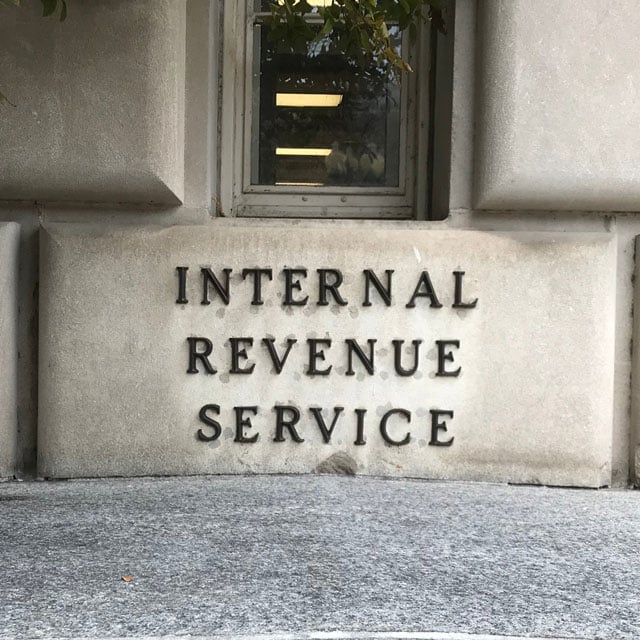
Democrats may have cut estate planning changes from a giant social welfare spending bill, but some or all of those changes could easily return.
Keith Grissom, a trusts and estate planning lawyer, talked about the Lego-like nature of the Build Back Better package Friday, in a written commentary, and in an email interview.
The New Build Back Better Package Framework
The package is part of Democrats' effort to increase funding for bridge repair, transit, flood control and energy infrastructure projects, and to increase funding for health care programs and other social welfare programs.
Democrats have been talking about a package that could cost $3.5 trillion over 10 years — or about 6.4% of the federal government's $55 trillion in projected revenue. Sen. Joe Manchin, D-W.Va., has objected to the cost of that version of the package.
The administration of President Joe Biden last week unveiled a new framework for a $1.75 trillion version. The new framework includes a 15% global minimum tax for corporations and big income tax surcharges for people who earn $10 million or more per year.
Progressive Democrats in the House, Manchin and Kyrsten Sinema, a Democratic senator from Arizona who has held back from supporting the $3.5 trillion version of the package, appear to be open to voting for the slimmed-down version, according to press reports.
Grissom's Take
Grissom said in his commentary that, based on his reading of the latest text of the spending bill, the latest version leaves out changes in the estate tax exemption level, treatment of grantor trust assets, and valuation rules for transfers of nonbusiness assets.



